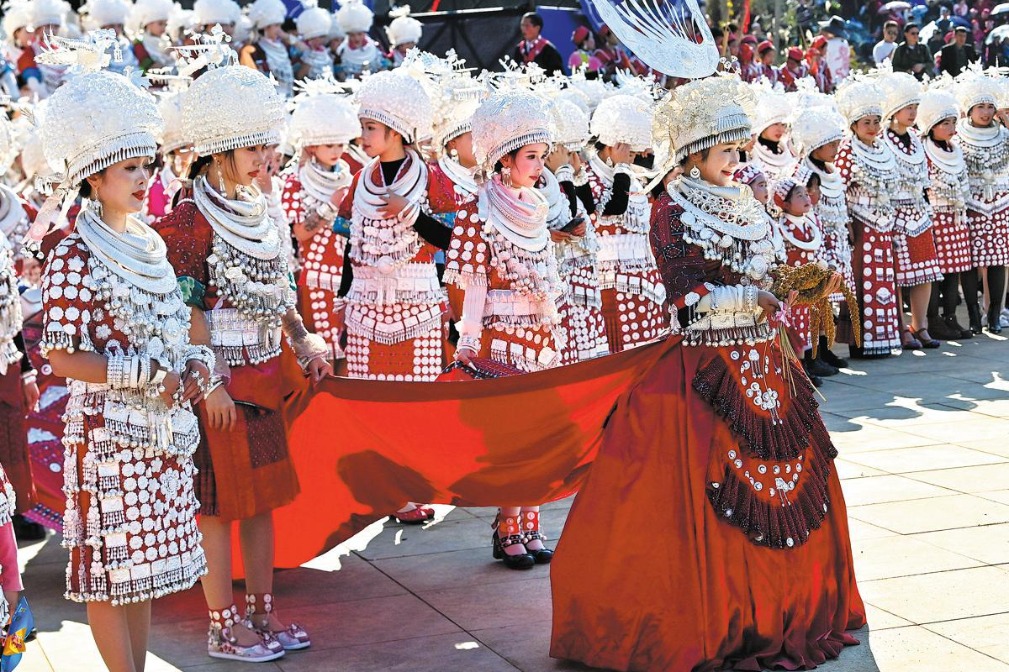Taiwan rules in favor of same-sex marriage
Xinhua | Updated: 2017-05-25 08:57
TAIPEI -- Taiwan's judicial body Wednesday ruled that the current laws that request "marriage between a man and a woman" must be amended, or a new law passed within two years to protect the rights of same-sex couples.
The ruling, or "constitutional interpretation," was requested by veteran gay rights advocate Chi Chia-wei, who failed in his marriage registration with his male partner in Taipei in 2013 and in subsequent court appeals.
According to the ruling, the current marriage law's failure to include same-sex marriage violated people's freedom of marriage and their right to equality.
It also said same-sex marriage would not affect the application of the current marriage laws for straight couples, and disallowing same-sex marriage due to reproduction arguments had "no apparent rational basis."
The judicial body therefore ruled that the authorities concerned "shall amend or enact relevant laws, in accordance with the ruling of the interpretation, within two years" to legalize same-sex marriage.
If relevant laws are not amended or enacted within two years, same-sex couples can register their marriage at authorities in charge of household registration in Taiwan.
Hundreds of gay-right supporters burst into cheers when they heard the ruling Wednesday afternoon. Chi said he was satisfied with the outcome and hoped relevant law amendments could be completed as soon as possible.
However, the ruling was strongly opposed by religious and parental groups. Dozens of anti-gay protesters held banners saying "Same-sex marriage unwelcome in Taiwan" or "Defend orthodox marriage," while shouting in front of the building of the judicial body, claiming that the issue should be left to the legislative body.
The move resulted in fierce debate on both sides.
In a survey of nearly 1,100 respondents last November by the Taiwanese Public Opinion Foundation, a non-governmental and non-profit institute, 46.3 percent said they supported same-sex marriage legalization, while 45.4 percent expressed opposition.
























